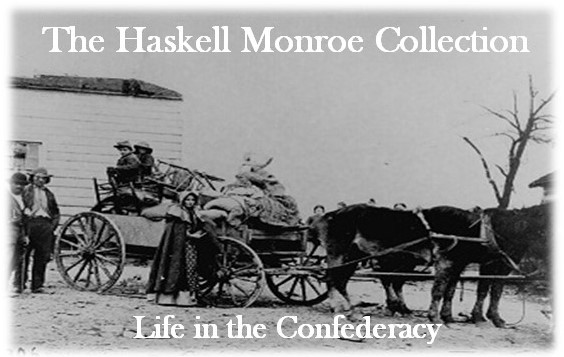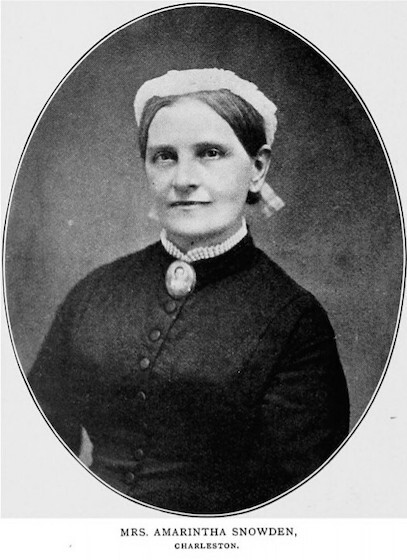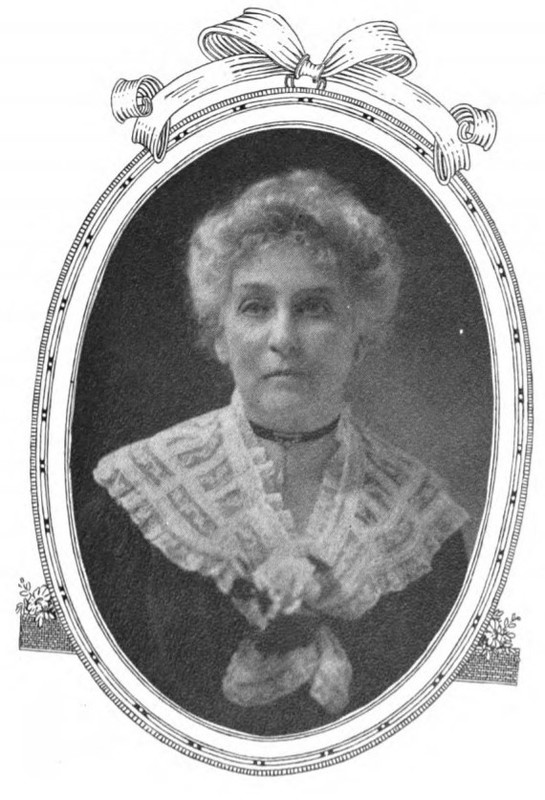Introduction
The Civil War had begun in 1861, fathers, husbands and sons were out fighting on the battle field for what they believed in. America had been split into two halves, The Confederacy and The Union, the North and the South. Very few men were left at home to provide for their families, all off to fight for this seemingly endless battle between two sides. With no other choice, women had to play the roles of not only the homekeepers but also the providers. The women whose "shining deeds have honored their country, and, wherever they are known, the nation holds them in equal honor with its brave men" (Moore, 13). This is where the role women played shifted, they had to become the sole providers for their families.
The Civil War was a time where women played a significant role in helping their cause. Countless women had to step up and take on the responsabilities of the men who had left to fight. They were considered to be "like the soldiers of the armies, they were from every rank in life, and they exhibited a like persistence, endurance and faith" (Moore, 13). They had to become the sole providers for their family's needs, the main source of income due to not having a working husband at home. Prior to the Civil War women were in charge of keeping the house in check, caring for their childeren's necessities, and doing the cooking and cleaning. They relied on their husbands to take care of the labors of working, including farming, hunting, and fishing. Many sacrfices were made in hopes of aiding their side to victory by the women, "they who followed their husbands and brothers to the field of battle and to rebel prsions" (Moore, 12)
The women also did everything they possibly could to help aid the soldiers. During the war women would also house, feed and treat soldiers who appeared at their homes. They offered all necesities to them as it was considered the "the duty of a Christian woman." Women had been considered "so brilliant as that illuminated by a record of nobel sacrifices and exploits of heoric women" (Moore, 25). Their role in the Civil war was considered to be up to par with those who fought on the battle field. Their heroic bravery in aiding those who were fighting will continue to go down in history as a vital part of the Civil War. The "greatness of a Southern woman" had a conspicuous part in supporting the confederacy, and they were applauded for their heoric bravery. Later they helped aid the "Lost Cause" ideolodgy to paint a different picture of the South.


